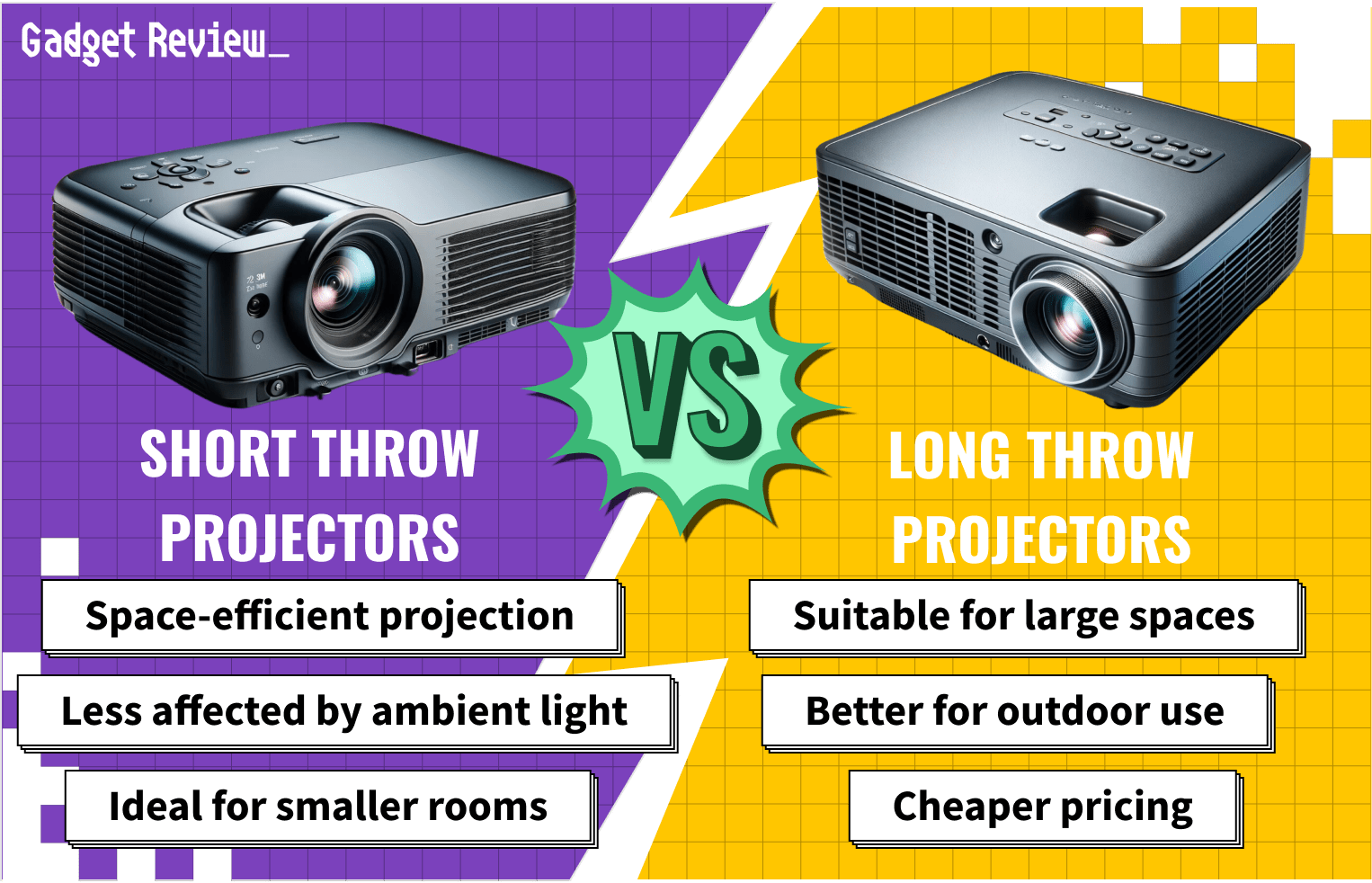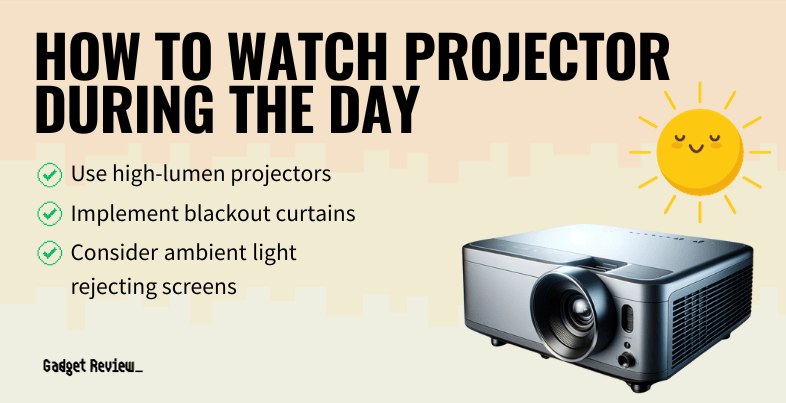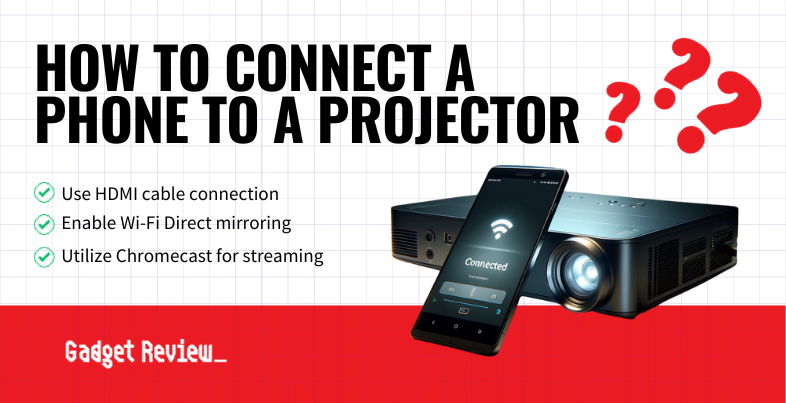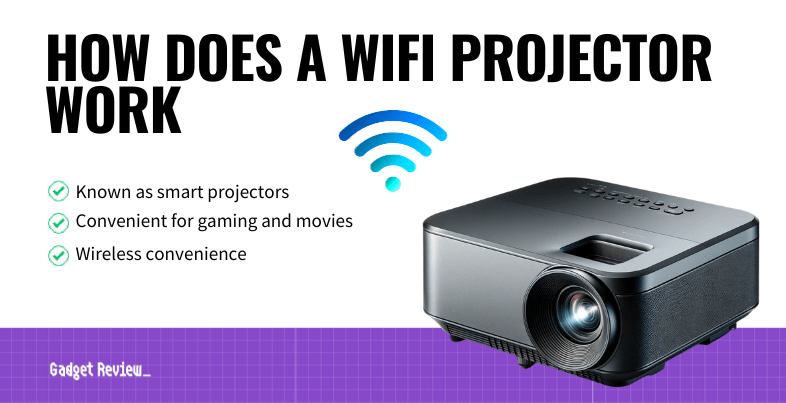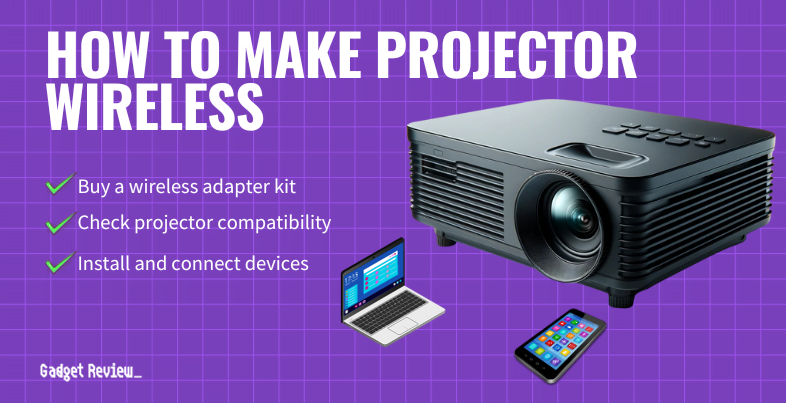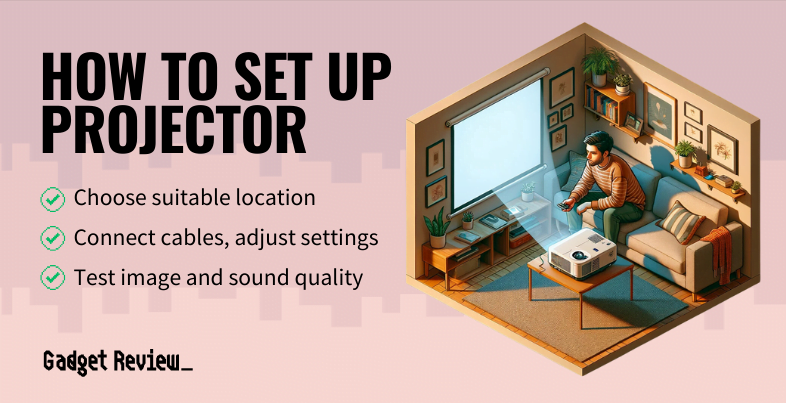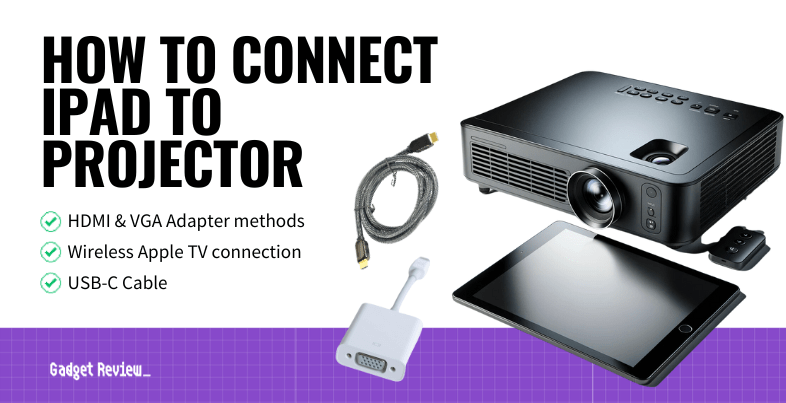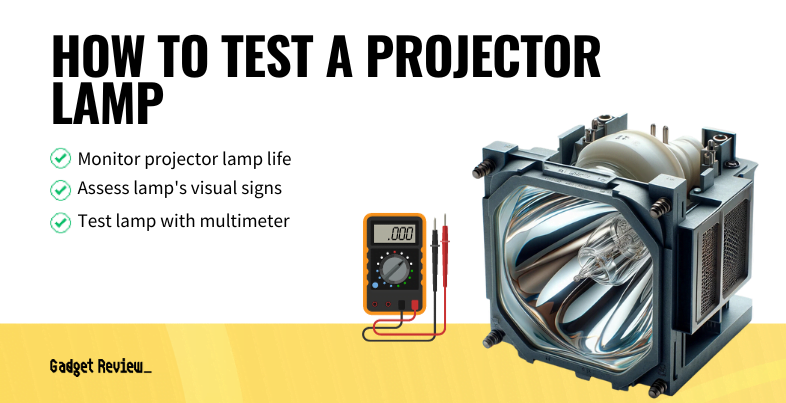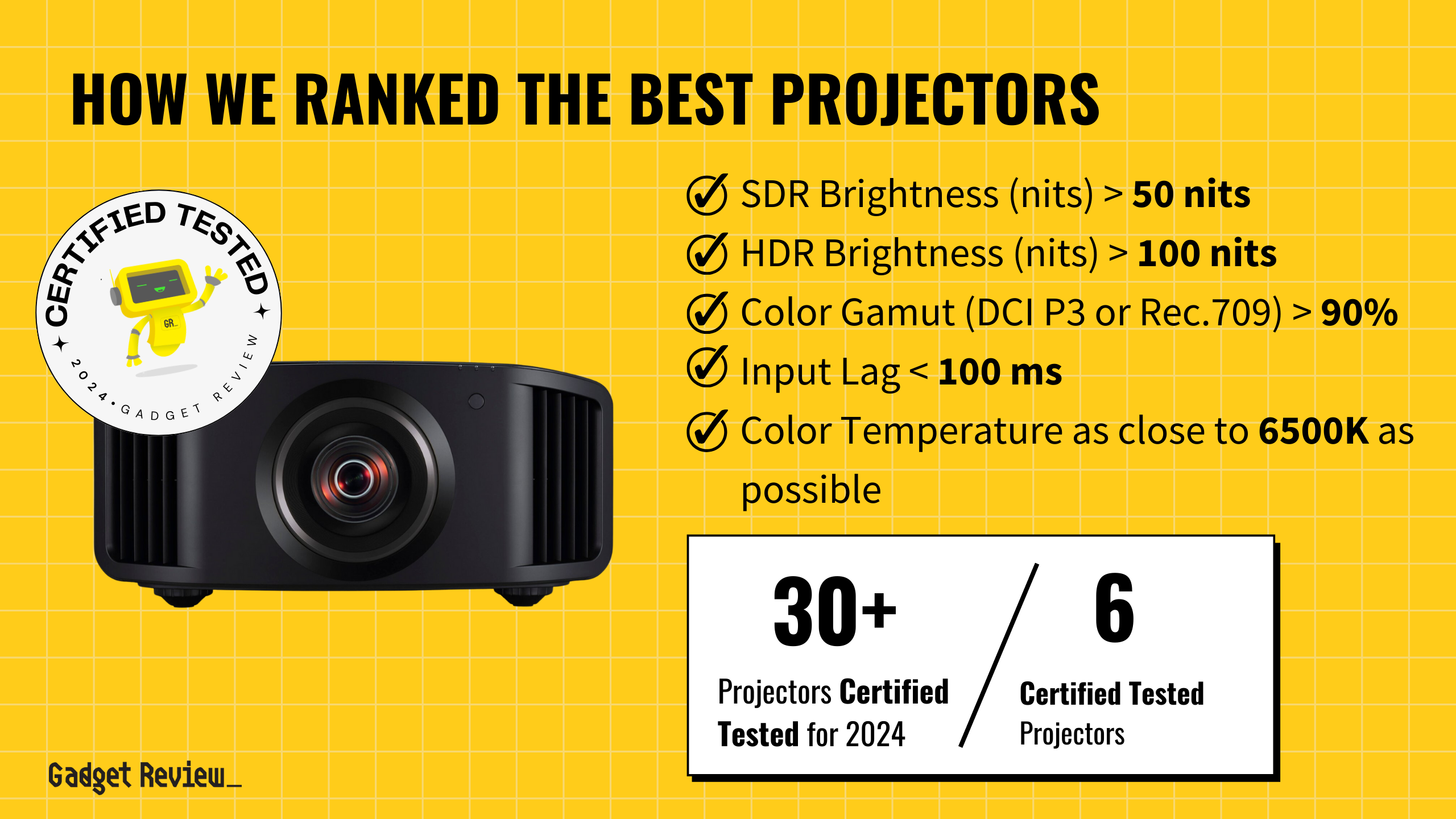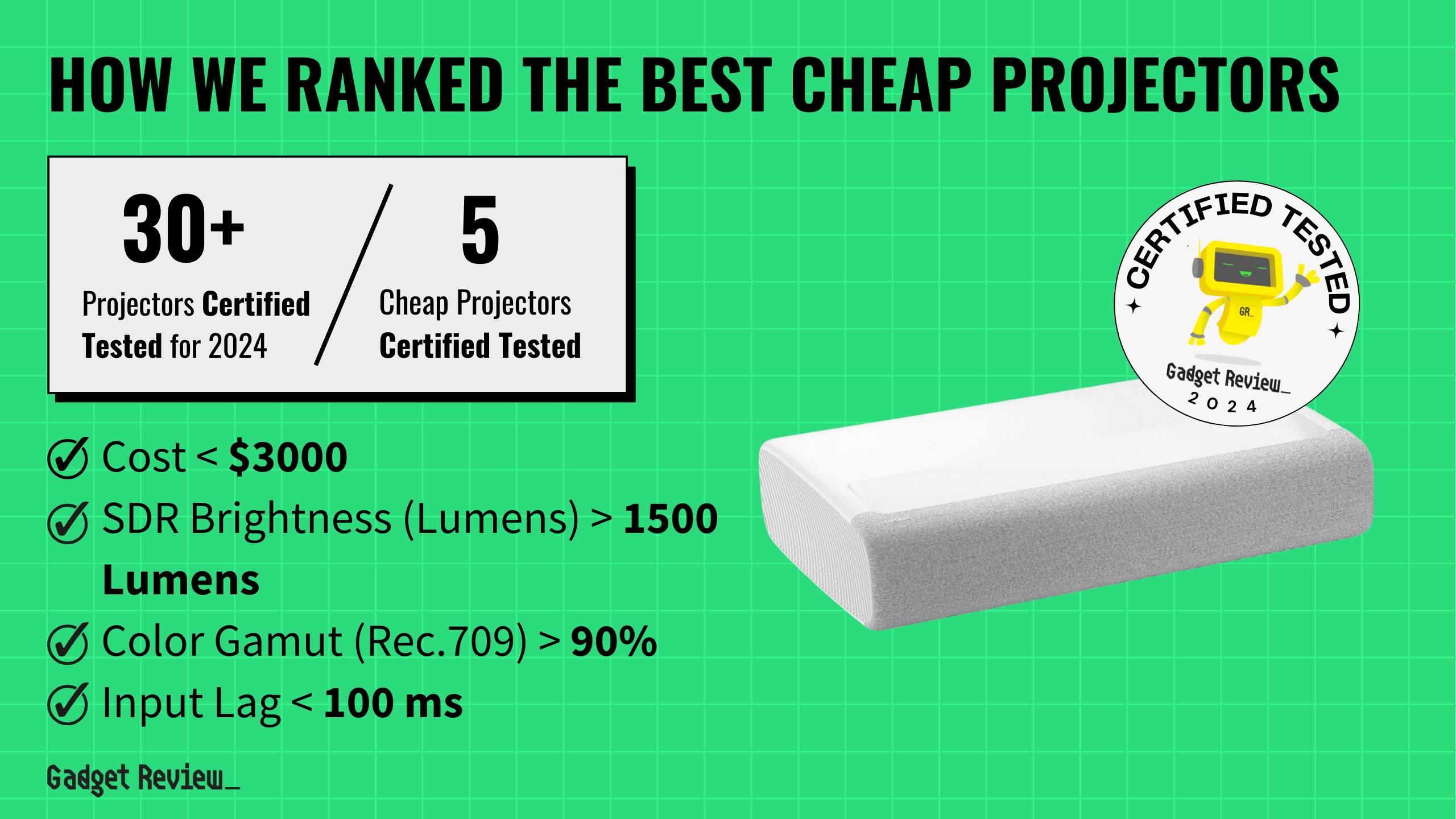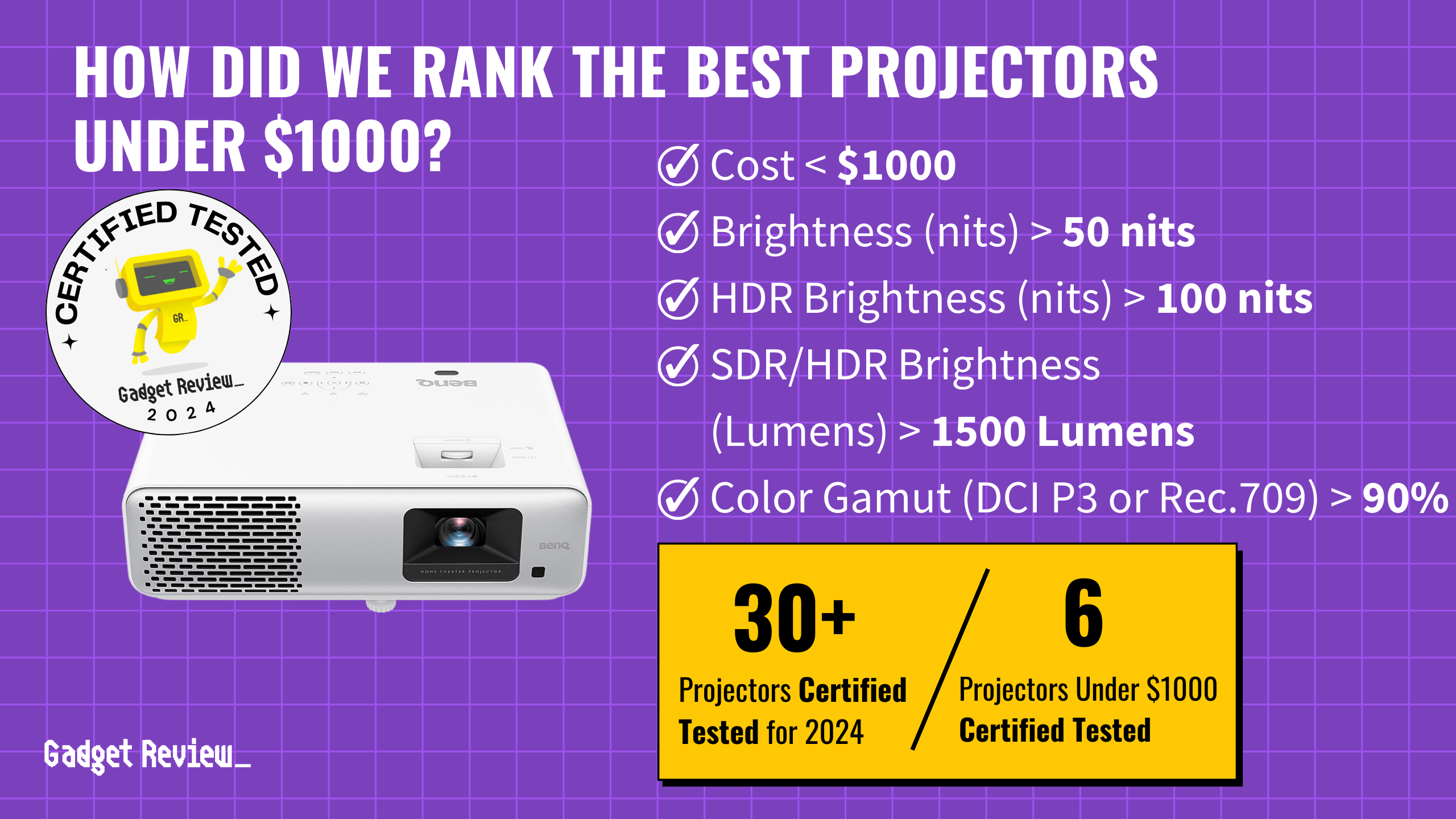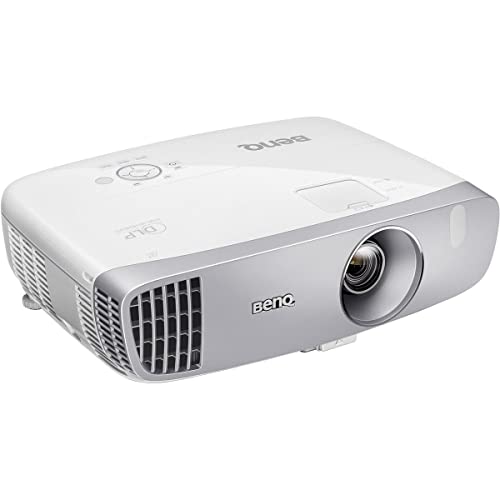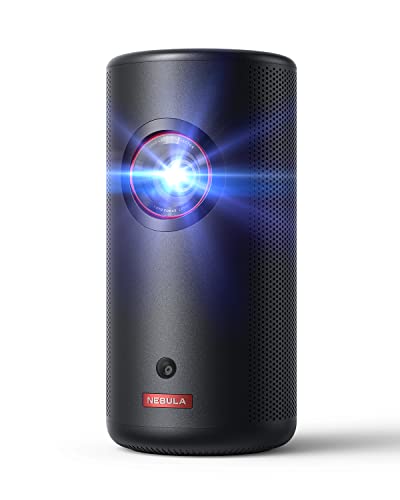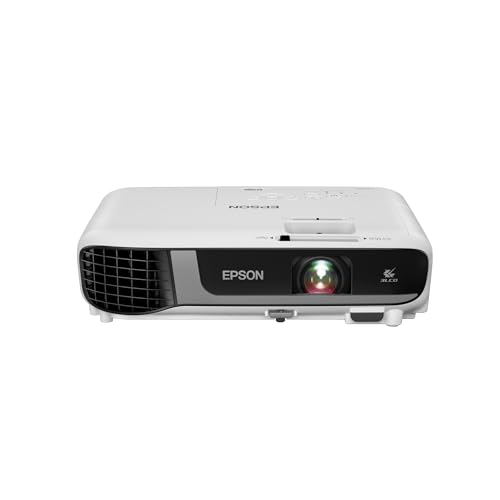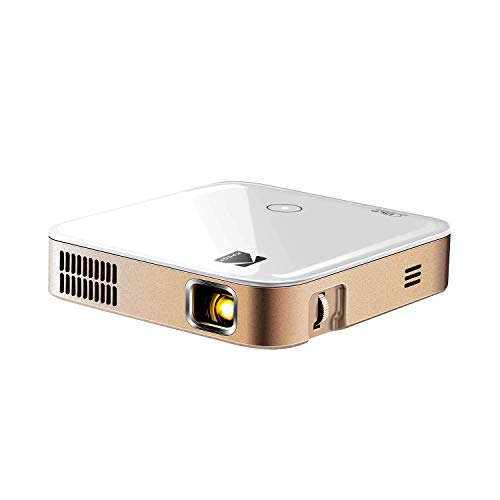When you’re in the market for a projector for your home cinema and home entertainment, it’s imperative to understand the difference between short and long throw projectors, which is crucial to your space.
All short or long lens measurements, regardless of brand, are categorized by the range of the projector in relation to the screen to create a 100″ image.
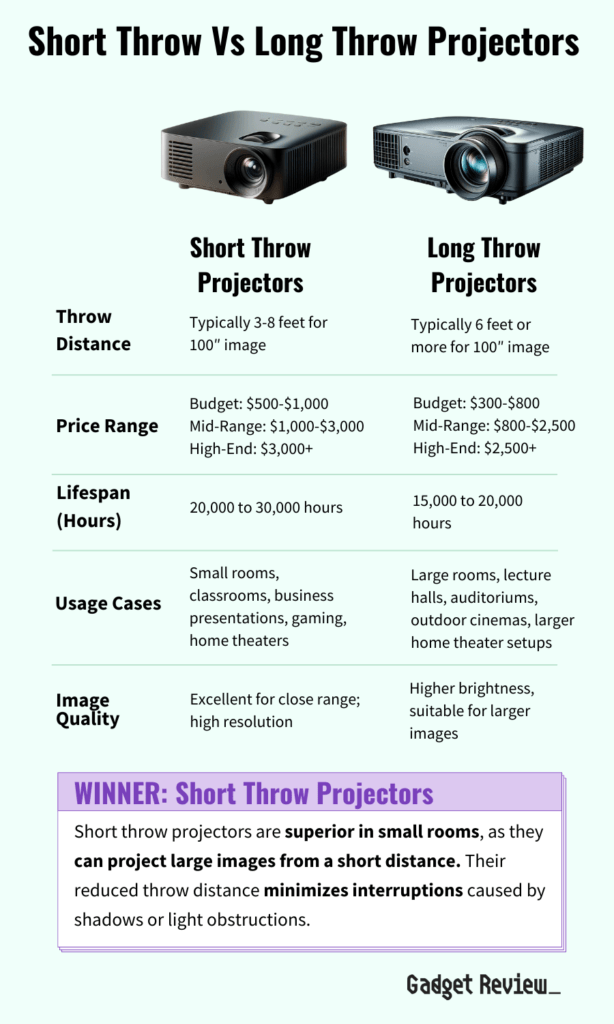
| Features | Short Throw Projectors | Long Throw Projectors |
|---|---|---|
| Throw Distance | Typically 3-8 feet for 100″ image | Typically 6 feet or more for 100″ image |
| Price Range | Budget: $500-$1,000 Mid-Range: $1,000-$3,000 High-End: $3,000+ | Budget: $300-$800 Mid-Range: $800-$2,500 High-End: $2,500+ |
| Lifespan (Hours) | 20,000 to 30,000 hours | 15,000 to 20,000 hours |
| Usage Cases | Small rooms, classrooms, business presentations, gaming, home theaters | Large rooms, lecture halls, auditoriums, outdoor cinemas, larger home theater setups |
| Image Quality | Excellent for close range; high resolution | Higher brightness, suitable for larger images |
| Versatility | More versatile in limited spaces, less setup required | Better for fixed installation in spacious areas |
| Portability | Generally more portable | Less portable, often installed in a fixed position |
Long Throw Projectors
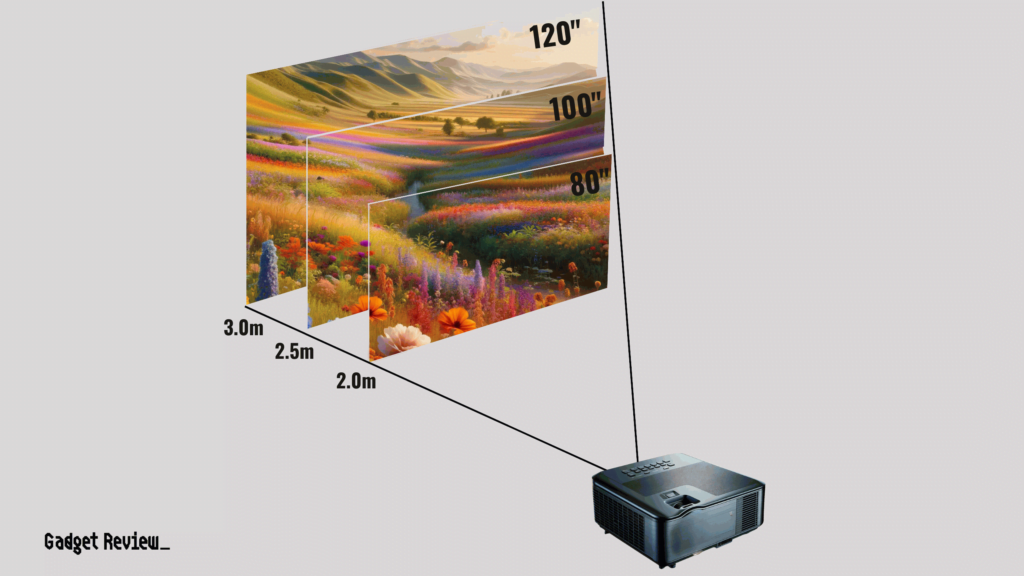
Long-throw models can require six feet or more of available space between where your projector sits and where the screen is mounted in order to reach the 100″ screen sizes limit. The upside of long-throw lenses (besides the price discount compared to short throws), is they’re perfect for large hall or exhibition space applications, like business presentations, houses of worship, outdoor theater, or concert visuals. Perfect your backyard movie nights with the best outdoor projector.
If you have a large room, long throw projectors serve as great home theater projectors. Moving them closer, however, you don’t get a larger image. The image shrinks, making it less useful in projector home theater setups in smaller rooms. Long throw projectors are a good choice for those living in environments with more ambient light. These projectors, often using traditional lamp light sources, are suitable for spaces like auditoriums where a long throw to the projection surface is required.
Short Throw Projectors
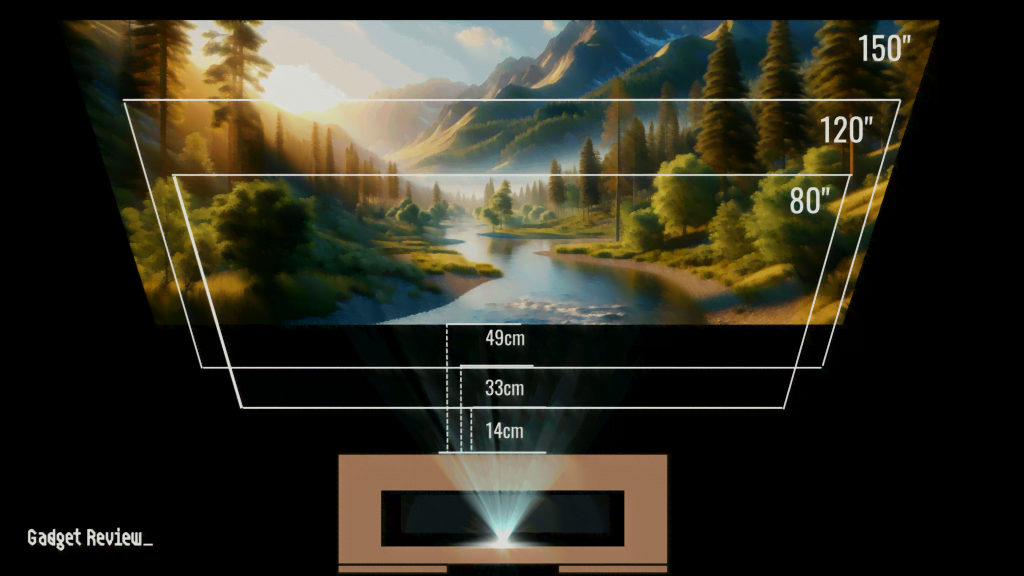
Short throw projectors, on the other hand, have lenses that can create a much larger picture from shorter distances, or 100″ from about four feet or less in certain models. They can be used on a wall or a projection screen.
Short throw projection is perfect for square footage-challenged homes, apartments, or viewing areas, but that convenience also comes at a higher cost. Many people use these projectors for video games since not much room is needed to get a stunning large image and create whole video walls. They’re a type of projector that excels in smaller, light-controlled rooms, offering clear images even on smaller projection surfaces without the interference of ambient light.
Ultra Short Throw Projectors
Last up, there are “ultra short throw” projectors, which can create an image of up to 100″ from a mere 15″ away. I bet that’s larger than your current flat screen. These ultra-short-throw projectors are commonly reserved for commercial or enterprise applications, though they can be useful in smaller homes or apartments that are even more cramped for space than those that would use a standard short-throw instead.
Unfortunately, the lenses that make an ultra-short throw possible are also quite a bit more expensive, which is why they’re mainly reserved for business applications instead. If you really want an ultra-short throw there are a few solid ultra-short models out there, but expect to spend a lot more for a less bright, less versatile projector that only works in very specific viewing scenarios.
Which is Right for You?
If we had to pick a winner, it’s short throw projectors.
- Short throw projectors offer a significant advantage in space-constrained environments, as they can project large images from a short distance, making them ideal for small classrooms, meeting rooms, or home theaters.
- Additionally, their reduced throw distance minimizes interruptions caused by shadows or light obstructions, enhancing the viewing experience in interactive settings or crowded rooms.
- Short throws are spectacular for sitting-room only setups, though that bonus comes at a cost. Keep in mind that they’re more pricey at checkout, and also don’t adapt as well to further projection distances the way a long throw can. They certainly are more convenient than long throw types, so you get what you pay for.
On the one hand, long-throw projectors can be cheaper than their short-throw competitors, but they also don’t lend themselves too well to home theaters when there’s only so much space between your couch and the opposing wall. The saying “down in front” doesn’t get tossed out all that often in home theaters, but it can still be annoying when your friends or family are involved in a movie only for one of them to get up for a snack and ruin the shot for everybody by walking through the image path.
What Does “Throw” Mean?
Often (but not always), most projectors, like the high-end Epson projectors, will denote whether its short-throw ratio or long-throw with two letters at the end of the model number. The “ST” at the end of the model stands for – you guessed it – “short throw.” What does throw mean? I’ll explain.
The difference in a projector’s throw distance is decided by the type of lens it uses, with long throws generally being cheaper to build than short-throw due to the quality of glass necessary to make them work.
More Tips
- Make sure that you choose a projector that has the right ports that you need so that you can connect things like your computer monitor, Blu-ray Player, video camera, home audio equipment, or video game console.
- If you want good colors make sure that you choose a model with the proper color brightness. This is measured in lumens. The brighter the projector the higher the lumen rating will be.
- Most projectors come with a remote control, which is handy for adjusting settings without having to get up and go to the unit. However, not all give you that bonus, so make sure you know what you are getting in the box when you buy.
- If ceiling mounting is what you want in a long throw projector, make sure that your projector can be mounted in this way. Again, they are not all created equal, and even if you can mount it, it may not come with the necessary accessories to do this. So again, make sure that you know what you are getting.
- An LCD projector tends to have a sharper image and better picture quality, whereas a DLP projector is generally lighter and more portable. The kind that you choose will be based on your own unique needs. LED projectors have limited brightness compared to LCD and DLP so they are not great for rooms where any light comes in.
- Many of today’s projectors can work with your smart home and be tied into home automation as well.
- Make sure that your projector can adjust the aspect ratio as some older content was filmed to be square, while newer content is rectangular.
- While we are all looking at laser projector technology in the near future and dreaming of laser light, these short-throw and long throw projectors will fill your every need.
- Right now 4k projectors are the most popular. But remember it’s mostly about image size and image quality based on throw distances. This will determine the types of projectors that you will be looking at.


